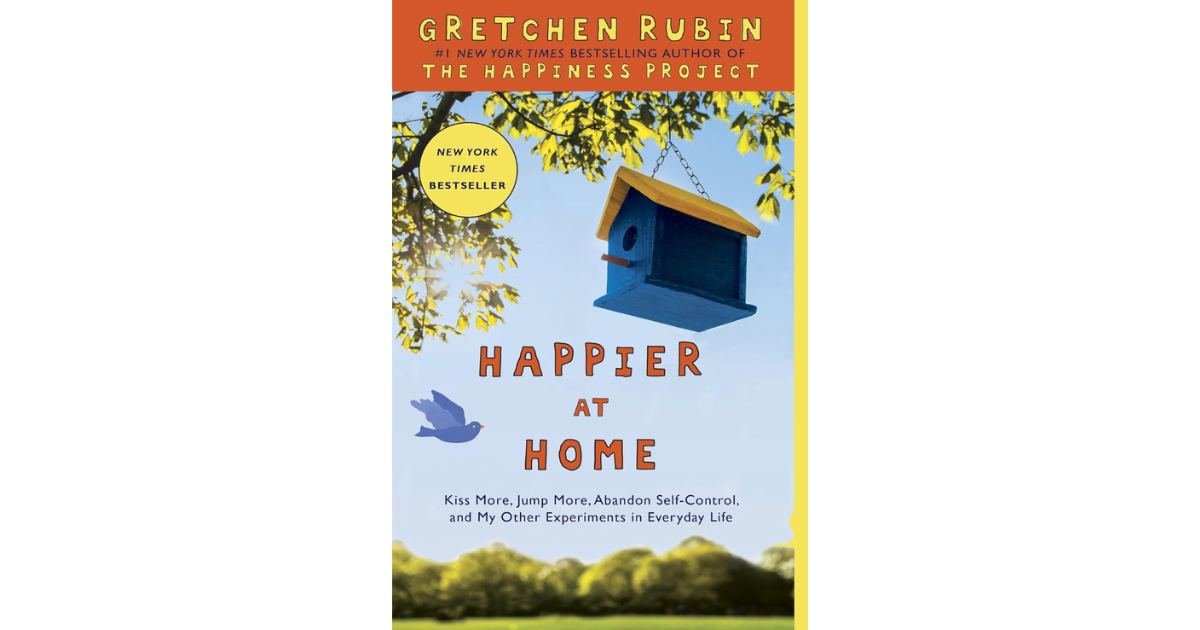Business Book Review: Stolen Focus by Johann Hari
Stolen Focus is the book more people need to pay attention to. Opt to be robbed daily - by design - or choose to value your attention.
My Rating: ★★★★
Length: 352 pages
Publisher: Bloomsbury
Released: 2022
Key Takeaways for Personal Branding
In our modern society, attention has become a rare commodity. In Stolen Focus, Johann Hari helps you understand why you can’t pay attention. Bringing to your attention, the focus you likely didn’t even realise was being stolen from you - much of which is for commercial gain.
The book is thoroughly researched, with Hari having travelled all over the world to interview experts on attention and focus. He shares his journey not from one of superior attention. But, in his personal journey of trying to find the focus he felt he, and his nephew in particular, had lost.
An Attention Problem
If you’re wondering what the problem with attention is, here are just a few sobering stats Hari highlights:
A study in the US tracked the software and computers of students. Researchers monitored what the students did on a typical day. It found that the student switched tasks every 65 seconds. The median amount of time they focused on any one task was 19 seconds.
Gloria Mark at the University of California conducted another study to assess adults. The study showed the average time an adult working in an office stays on one task is three minutes.
In another study, Professor Michael Posner from the University of Oregon found that it takes on average 23 minutes to regain attention once you’ve been interrupted.
By Design
Hari doesn’t heap the blame for your attention problem on you. He highlights that much of your lack of focus is by design. Hari shares insights from “whistleblowers” in the big tech industry. Some of whom were the founders or contributors to the problem. This was before they realised the immensity of what they were creating and stealing from everyday people everywhere.
Your social media notifications, your email - your technology in general - are all designed to interrupt what you’re doing and steal your focus. Consider this the next time you get an ‘alert’.
The Confinement of Children - Both Physically and Psychologically
Hari highlights a key discussion missing from his counterpart’s points - the rising confinement of children. Increasingly, standardised schooling systems are squeezing out time for play. While at home, children are more confined than previous generations:
“Kids have always played together, much of the time without direct adult supervision…That’s been that way for all of humanity.”
A 2004 study found that US kids spend 7.5 hours more every week on academics than children twenty years before did. If this doesn’t feel significant to you, imagine if over time your work added one extra workday to your week.
Professor Johnathan Haidt, a leading social psychologist, argues the rise in anxiety among teens and children is in part due to play deprivation.
Research has shown our brains are more supple, creative and plastic when we learn through play. So, surely there’s a better way than school systems designed around standardised testing pushed by politicians?
Finland is often judged by international standards as having the most successful schools. Only 0.1 per cent of Finnish children are diagnosed with attention problems. And Finns are among the most literate, numerate and happy people in the world.
In Finland, kids don’t go to school until age 7. Before then, they play. From ages 7-16, they go to school from 9am-2 pm. They have almost no homework or tests until they graduate from high school:
“Free play is the beating heart of Finnish kids’ lives: by law, teachers have to give kids fifteen minutes of free play for every forty-five minutes of instruction.”
Hari’s Stolen Focus is a reminder to stop letting others profit off your precious asset of attention. Take control, give things your attention by choice. Don’t allow it to be stolen.
Favourite Quote
“When attention breaks down, problem-solving breaks down.”
Stolen Focus by Johann Hari: Available on Amazon.




